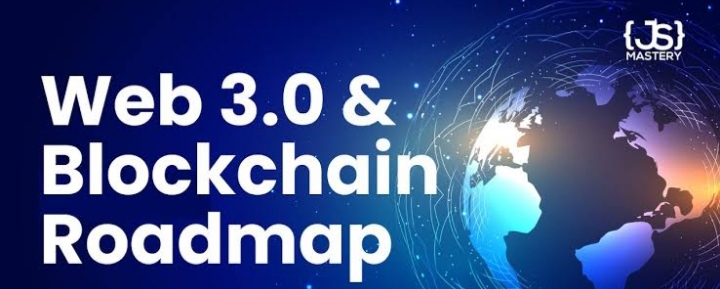From Homeless to Quadrupled Monthly Income: Just One of Many Advantages of Blockchain and Web3

Among the greatest values of blockchain and Web3 is that they enable different communities across the world to use the novel technology’s building blocks to solve issues specific to each of them, said Xochitl Cazador, Head of Ecosystem Growth at the open-source, mobile-first Celo platform.
The many opportunities created this way include universal basic income (UBI), undercollateralized loans, and micro-work.
The value of Web3 is largely measured by metrics like total value locked (TVL), but another way the value could be measured is in terms of communities and the basic needs being met, said Cazador to Cryptonews.com.
Communities look to solve different issues
Celo, she added, has a global ecosystem with builders in 150 countries, many of whom are in emerging markets. Some of the most active hubs are in Nigeria, Kenya, and Uganda, as well as in areas in Latin America, such as Brazil, and Colombia – and the focus here is on real-world use cases.
Everyone applies this emerging technology differently across different regions, she said – even within a single region, there are micro-communities to observe, given that they each have issues current for them specifically.
For Brazil it may be protecting Amazon, so projects are focusing on that. Or in Kenya, where the unemployment rate is high and the population is very young, projects are focused on allowing microwork, “which is a really great use case for crypto,” Cazador said.
Examples include projects that are working on universal basic income, looking at how we tokenize real-world assets, as well as promoting positive action. impactMarket, for instance, is a decentralized poverty alleviation protocol that enables the distribution of unconditional basic income (UBI) to those in need.
One of their projects is the UBI for Ukraine initiative, supported by partners in the Celo Ecosystem.
Another example is undercollateralized lending, provided by projects such as Roda, based in Colombia.
Celo ran a pilot in the first half of 2020 during COVID-19 lockdowns to test certain ideas related to undercollateralized credit for Venezuelan migrants residing in Colombia, finding that peer-to-peer (P2P) systems “collateralized on social relationships, can decrease both the cost of capital and the cost of operations for lenders in emerging markets.”











